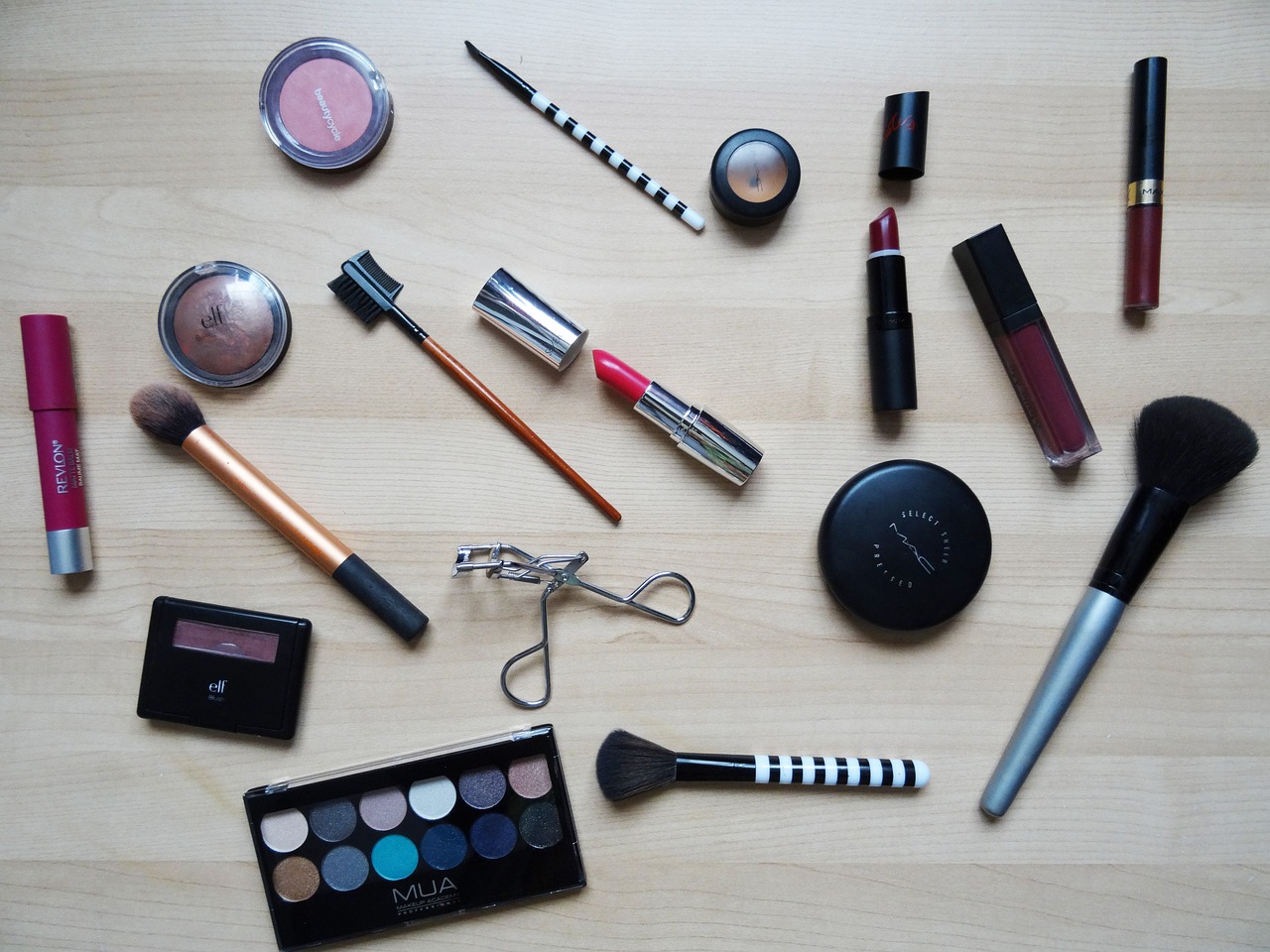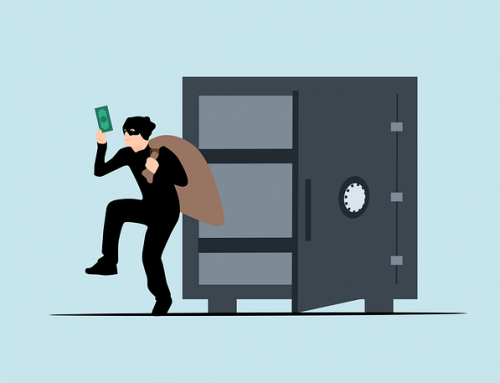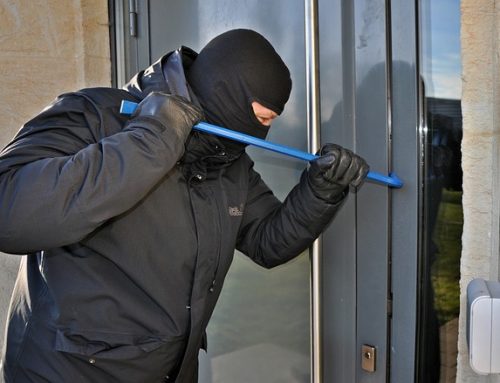Recently, members of the LAPD confiscated over $300,000 worth of counterfeit makeup products – many of which were from Kylie Jenner’s makeup line. The products were confiscated in downtown Los Angeles‘ Fashion District.
The counterfeit items included a multitude of fake products, including lip kits, that were falsely presented as part of the Kylie Cosmetics line owned by model Kylie Jenner.
Interestingly, rather than arrest the culprits, authorities distributed cease-and-desist warnings to the people they encountered during the bust. All of these individuals should consider themselves lucky, as making counterfeit merchandise is covered under California Penal Code 350 PC. Under this law it is illegal to sell or possess for sale any counterfeit trademarks.
The law does not make it illegal to actually own counterfeit goods. Anyone with the desire can go out and purchase as many pieces of counterfeit merchandise as they want. What is against the law is the creation and sale of such goods.
Makeup products can be especially dangerous when they are counterfeit as these goods are able to bypass the stringent quality criteria that above-board makeup brands must adhere to. Not long ago, another similar bust was initiated in which the makeup products confiscated by police tested positive for animal feces and other dangerous substances.
When someone is charged with manufacturing or possessing for sale counterfeit goods, the penalties will depend on the number and value of goods involved in the crime. PC 350 is charged as a misdemeanor when the charges involve fewer than 1,000 counterfeit items and the total value of said items is less than $950 (basically, it must fit the criteria for petty theft). If charged as a misdemeanor, the possible penalties include summary probation, up to 1 year in county jail and/or a fine of up to $10,000 for individuals or $200,000 for businesses caught counterfeiting.
If the number of goods exceeds 1,000, or if the total value is greater than $950, the crime becomes a wobbler that can be charged as either a misdemeanor or a felony. If charged as a felony, the potential penalties are increased to formal probation, 16 months to 3 years in county jail and/or a fine of up to $500,000 for individuals or $1,000,000 for a business.






